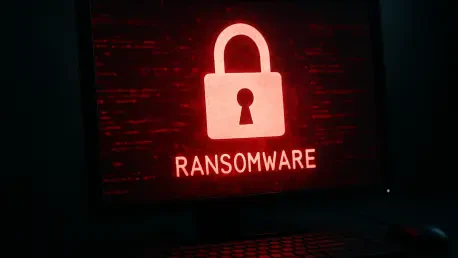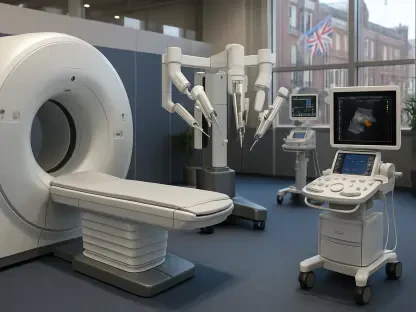Imagine a healthcare provider, entrusted with the most sensitive personal and medical details of thousands of patients, suddenly finding itself at the mercy of cybercriminals who have locked down its systems and stolen vast amounts of data, leading to a crisis of trust and security. This alarming scenario became reality for Gaylord Specialty Healthcare when it suffered a severe ransomware attack late last year. The incident, attributed to the notorious SAFEPAY group, has exposed critical vulnerabilities in the healthcare sector, where the stakes are incredibly high due to the nature of the information at risk. The breach not only disrupted network connectivity but also led to the potential compromise of personally identifiable information (PII) and protected health information (PHI). This event has sent shockwaves through the industry, raising urgent questions about the security of patient data and the readiness of healthcare organizations to fend off sophisticated cyber threats. As details continue to emerge, the scale and impact of this breach paint a sobering picture of the challenges ahead.
Unpacking the Scope of the Cyberattack
The ransomware attack on Gaylord Specialty Healthcare was first detected on December 19, 2024, when the organization experienced significant disruptions to its network systems. Subsequent investigations confirmed that the SAFEPAY group, a known ransomware entity, claimed responsibility via the dark web, alleging they had extracted 160 GB of sensitive data. This data reportedly includes critical details such as names, addresses, Social Security numbers, medical records, and payment information. A forensic analysis later verified that unauthorized access likely occurred over a brief window between December 16 and December 19, 2024, affecting thousands of current and former patients. While the exact number of impacted individuals remains undisclosed, notifications to state authorities revealed specific figures for certain regions, including 75 residents in Maine and 516 in Massachusetts. The exposure of such detailed personal and health-related information heightens the risk of identity theft and fraud, posing a severe threat to those affected by this breach.
Response Measures and Future Implications
In the aftermath of the attack, Gaylord Specialty Healthcare took immediate steps to address the breach by enlisting external cybersecurity experts to investigate and secure its systems. Notification letters were mailed to affected individuals starting on September 24 of this year, informing them of the incident and potential risks. To mitigate the fallout, the organization offered complimentary credit monitoring services through Cyberscout, a TransUnion company, alongside access to a dedicated toll-free response line for support. Additionally, affected individuals were advised to monitor their financial and medical accounts closely and consider placing fraud alerts or security freezes on their credit files. Looking ahead, this incident underscored the critical need for stronger cybersecurity defenses in healthcare. Gaylord’s efforts to enhance internal controls reflect a commitment to preventing future breaches, but the event served as a stark reminder of the persistent dangers posed by ransomware groups. Moving forward, prioritizing proactive security measures and industry-wide collaboration will be essential to safeguard patient trust and data integrity.









